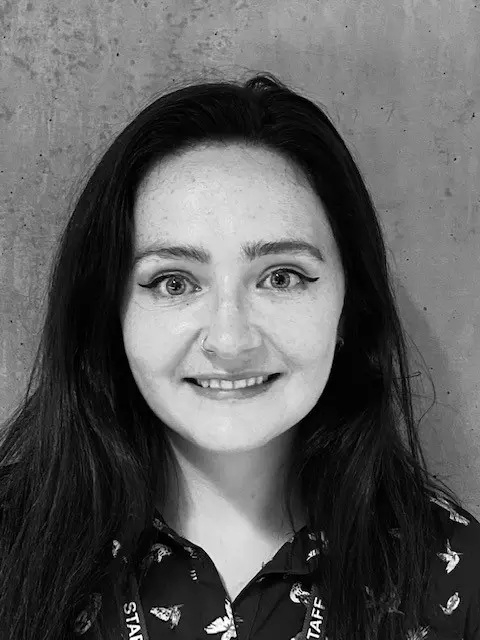
Red Cross report - 2021
Women seeking asylum in the UK are routinely silenced and side-lined. We give a voice to these women to investigate how we can make real recommendations based on their lived experiences.
When the New Plan for Immigration was announced in March 2021, this came alongside a commitment from the Government to protect vulnerable women and children.
This week, the British Red Cross and the Voices Network publishes their report ‘We want to be strong, but we don’t have the chance’. This report raises voices of women who have navigated, and who are still navigating, the asylum system in the UK. In order to place the voices of these women to the centre of this research, Savanta ComRes co-moderated in-depth interviews and workshops with women who have first-hand experience of the asylum system, to understand women’s experiences of seeking asylum, to better inform policy recommendations.
When the New Plan for Immigration was announced in March 2021, this came alongside a commitment from the Government to protect vulnerable women and children. However, there are no references throughout the plan for gender-specific provisions. This means that the lived experiences of women have not been consulted nor considered. The New Plan proposed changes to the asylum system to make it fairer, but there are no plans to ensure that the needs of women and girls are met. The British Red Cross alongside the Voices Network want to help change this. Through engaging with these women and by listening to their stories, we identify both the reality of their experience and the real policy recommendations that can come of it. This is the first report of its kind, which looks specifically at women.
Placing the women to the centre of the research design
This project continually reinforces the centrality of women seeking asylum. Savanta ComRes in conjunction with the British Red Cross and the Voices Network facilitated workshops, which discussed the goals and objectives of the research. These workshops also helped to shape the discussion guides later used.
The ongoing engagement and experience of these women, who later acted as interviewers, provided a significant contribution to understanding the nuances of the asylum system. Importantly, we also gained an understanding of what the key gender-specific areas of concern really are within the system. This includes safety around housing, access to education and motherhood as an asylum seeker.
Women and their lived experiences
The women who took part in this research had many ideas on how to change the asylum system and had proposals for reform. They felt that their ideas would not be valued by policy makers, a feeling endemic of the repeated dismissiveness experienced by the women, despite being experts by experience.
The women spoke of their experiences in relation to the asylum application and procedure itself. Gender-specific challenges presented themselves for many of the women involved in this research. This came apparent when disclosing personal and sometimes traumatic accounts to male interviewers and were afterwards left feeling disbelieved.
Gender-specific challenges also presented themselves surrounding access and the use of health care. This was evident through challenges in being able to register with a GP, and again, through a feeling of being disbelieved when discussing health concerns. This is a common pattern when exploring health inequalities between minority and white groups.
A similar experience manifested when accessing legal advice. Many of the women found it difficult to get engagement from their solicitors and were left uncertain of their status.
The women explained that the role of the VCS (Voluntary and Community Sector) as a key source of information and guidance was crucial and filled an important gap otherwise left vacant. The women also stressed the value of other people seeking asylum and their experiences. This was particularly true where an asylum seeker did not speak English.
Many of the women tied education and work in with their own identity. The inability to continue in education at the equivalent level achieved in their home country, or to work, undermined their sense of self-worth. The women want to contribute to the new society they find themselves in.
Polling of the UK public reveals majority support for the report’s calls:
- 65% of the UK population agreed it is the government’s duty to ensure the voices of people with experience of the asylum system are heard, when it comes to making changes to the UK’s asylum system
- 66% agreed an asylum system that does not take into account the experiences of women who are seeking asylum is unlikely to make them feel safe
Translating this into action
Moving forward, this report considers how to integrate the stories of the women into asylum system reforms in a way that is gender-specific. The report outlines 17 recommendations in greater detail (see pg. 46-47), however the key overarching recommendations are to:
- Develop and publish a strategy to ensure women seeking asylum are always engaged throughout the current reforms
- Invest in peer-to-peer asylum guides
- Ensure that guidance on responding to gender in asylum applications is implemented and monitored effectively.
Crucially, this report recommends that these women, the experts by experience, should be involved in policy development and halt the cycle of silence.
The full report – “We want to be strong, but we don’t have the chance” – is available to download here.





